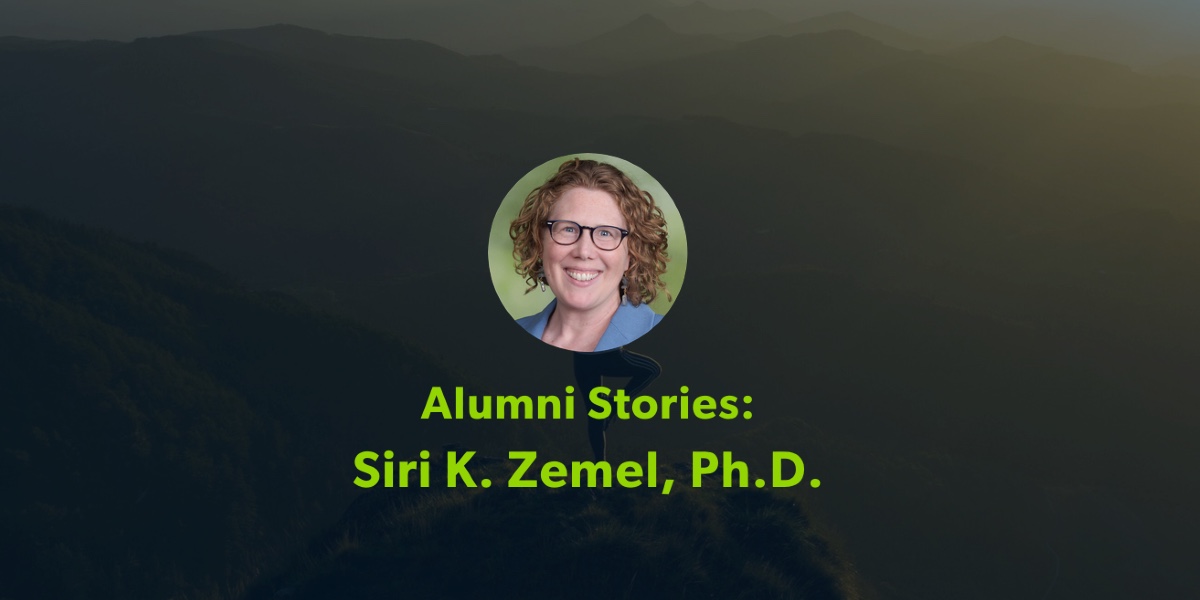LGBTQ+ communities often face unique challenges related to food insecurity due to a range of social and economic factors. This article provides nutritionists with practical strategies to support this population through education, accessibility, and empathetic outreach.
Food insecurity is a pressing issue that affects 47.4 million people in the United States, and marginalized groups are at increased risk. As a result of discrimination and socioeconomic disparities, LGBTQ+ individuals often experience food insecurity at a higher rate.
Where food insecurity and marginalization collide, there is a critical need for compassionate care. Learn how nutritionists can support LGBTQ+ communities experiencing food insecurity by understanding key obstacles and implementing practical strategies.
How Marginalization Fuels Food Insecurity
Discriminatory practices in various spheres of life—including employment, housing, and health care—significantly limit access to essential resources such as nutritious food.
“The impact of food insecurity on nutritional health varies across different populations,” says Shari Youngblood, DCN, assistant professor at Saybrook. “Underserved and low-income groups are often the most affected, leading to diets high in processed foods and low in essential nutrients.”
LGBTQ+ individuals frequently encounter higher levels of unemployment and underemployment as well as rejection from their families and/or communities. These factors often lead to homelessness or unstable housing situations—both of which are closely tied to food insecurity.
Addressing the impact of identity on food insecurity is crucial to developing inclusive strategies that recognize the unique challenges faced by marginalized communities. By understanding these overlapping issues, we can work toward ensuring that everyone has equitable access to nutritious food, regardless of their identity.
Impacts of Food Insecurity on Marginalized Communities
The impacts of food insecurity are multifaceted, touching nearly every aspect of one’s life. For LGBTQ+ individuals who may already face barriers to health care access, the consequences of poor nutrition can be especially severe, exacerbating existing health disparities and perpetuating a cycle of poor health outcomes.
Long-term food insecurity can lead to chronic health conditions, malnutrition, and mental health conditions. Even short-term dietary imbalances can contribute to a range of health issues.
“Poverty and food insecurity are social determinants of health, and are associated with some of the most serious and costly health problems in the nation,” reports the Food Research and Action Center.
Nutritional deficiencies can manifest in several ways.
- Weakened immune system
- Anemia
- Unintended weight loss or gain
- Cardiovascular disease
- Chronic stress, anxiety, and/or depression
- Chronic fatigue
- Oral health issues
- Digestive problems
The stress and anxiety that accompany food insecurity can also worsen mental health conditions, creating a vicious cycle that deepens the state of vulnerability.
These health issues can have long-lasting social impacts, too. Dr. Youngblood explains, “The outcomes of food insecurity often exacerbate existing inequities, disproportionately impacting marginalized groups.” For example, youth experiencing malnutrition are at increased risk for struggling with academic performance. This educational disruption can hinder future academic and employment opportunities, adding to the ongoing cycle of food insecurity.
The outcomes of food insecurity for the LGBTQ+ population have lasting effects. By perpetuating cycles of socioeconomic disparities and poor health, food insecurity deepens the marginalization of this community, making it vital to address this issue with targeted, inclusive solutions.
Creating an Inclusive Space for LGBTQ+ Nutrition Clients
A nutritionist’s office should be a place of trust where clients feel seen, respected, and understood. For LGBTQ+ individuals, who often navigate a world filled with discrimination and stigma, feeling safe in health care settings is critical. It is not enough to simply provide general resources; the approach and tools must be inclusive and culturally sensitive.
“Building rapport with clients is key,” Dr. Youngblood says. “I strive to create a nonjudgmental space where they're more likely to open up about any struggles they're facing with food access.”
Nutritionists can cultivate a safe environment that not only addresses their nutritional needs but also affirms their identity and humanity.
Some patients may be hesitant to disclose their sexual orientation or gender identity—or they may choose to not disclose at all. Practitioners should create a welcoming environment that affirms these choices. This can be achieved through visible signs of support, such as inclusive language, showcasing a variety of family structures, and being mindful of their unique challenges.
Remember, too, that you can’t assume someone’s sexuality or gender based on appearance. Ultimately, it's essential to approach each person with sensitivity to their individual experiences, ensuring that nutrition interventions are culturally competent and free from bias.
Dr. Youngblood says, “Every approach should address immediate nutritional needs and support long-term health by acknowledging and respecting the unique experiences of LGBTQ+ individuals.”
In Saybrook’s Integrative and Functional Nutrition programs, students explore the social determinants of health including income, education, and access to resources. The integration of a cultural lens ensures students are prepared to address disparities in food access in communities.
Social determinants are continually evolving, so it is equally important for practitioners to continually seek and understand the experiences of LGBTQ+ individuals.
“Listening to the needs and concerns of LGBTQ+ individuals helps me refine and adapt my resources to better serve,” shares Dr. Youngblood “I aim to create a welcoming environment where everyone feels empowered to make healthier food choices.” Engaging in ongoing learning and conversations with LGBTQ+ populations can enhance the quality of care provided and help address food insecurity more effectively.
By implementing a culturally sensitive approach built on the foundation of sensitivity and understanding, nutritionists can develop targeted solutions that address the unique challenges faced within the community.
Culturally Competent Approaches To Address LGBTQ+ Food Insecurity
The complex nature of the food insecurity crisis in LGBTQ+ populations requires a multifaceted solution designed to target the underlying causes of the issue.
Dr. Youngblood advises nutritionists to focus on both education and accessibility. When creating an adaptable dietary plan, she supplies her clients with simple recipes with affordable, accessible ingredients. She also helps educate clients on meal planning, budgeting, and smart shopping, including how to make the most of food pantries and other community resources. Highlighting the significance of a balanced diet helps combat nutritional deficiencies while empowering individuals and communities with the knowledge they need to make healthier choices.
Collaboration also plays a vital role. Building a supportive network through partnerships with organizations like food banks, shelters, and social services is essential for sharing knowledge and resources. Dr. Youngblood notes, “Through these partnerships, I can educate and connect directly with those in need. I can also listen and learn about the specific challenges people face, which can vary.” By working together, nutritionists can help bridge the gap between immediate food assistance and long-term nutrition education.
By leveraging a community-centered network that focuses on accessibility, education, and collaboration, nutritionists can provide immediate, tangible resources while also laying the groundwork for lasting change. This comprehensive approach ensures that support is not only immediate but also sustainable, helping to create a lasting impact on the health and well-being of LGBTQ+ individuals.
Saybrook University's IFN Programs: Empowering Nutritionists to Tackle Food Insecurity
To improve health outcomes, it’s important to learn about the unique challenges faced by LGBTQ+ communities. Acknowledging and addressing their unique challenges and its impact on food accessibility is crucial to improving societal health. At Saybrook University, our Integrative Functional Nutrition programs offer a holistic and inclusive approach to empower practitioners to meet food access challenges head-on for marginalized communities.
“Food insecurity doesn't just affect individuals; it ripples out to affect entire communities,” Dr. Youngblood emphasizes. “Understanding the cultural anthropology perspective is crucial in crafting effective nutrition interventions that are equitable and inclusive.”



























